
CONTENTS
2. Important Event Spotlight: The Rise of The Roman Empire
6. Answer Keys
1. IN THE NEWS THIS WEEK

News item #1: Robert Francis Prevost is elected as Pope Leo XIV, becoming the first Catholic pope born in the United States.
Vocabulary
(to) elect (v.): chosen by voting to hold a position, usually in government or an organization
Example: Despite being relatively unknown, she was elected mayor after a powerful grassroots campaign.
Catholic (adj.): relating to the Christian church led by the Pope in Rome, or a person who follows this religion
Example: He was raised in a Catholic household, but his views on religion have evolved significantly over the years.
News item #2: India launches missile strikes on Pakistan after a terrorist attack in Kashmir.
Vocabulary:
missile strike (n.): an attack using a missile, a weapon that flies and explodes on impact
Example: The government condemned the missile strike as a violation of international law.
terrorist attack (n.): a violent act by a group or person to cause fear and harm for political or ideological reasons
Example: After the terrorist attack, security measures at airports were drastically increased around the country.
News item #3: World Central Kitchen charity halts its operations in Gaza after running out of supplies and prevented by Israel from bringing in aid.
Vocabulary
(to) run out (of something) (phr.): to use all of something so that none is left
Example: They ran out of supplies halfway through the hike and had to turn back before reaching the summit.
(to be) prevented by (someone or something) from (phr.): stopped by someone or something from doing an action
Example: She was prevented by illness from attending the conference, despite spending several weeks preparing for her presentation.
2. IMPORTANT EVENT SPOTLIGHT: The Rise of The Roman Empire
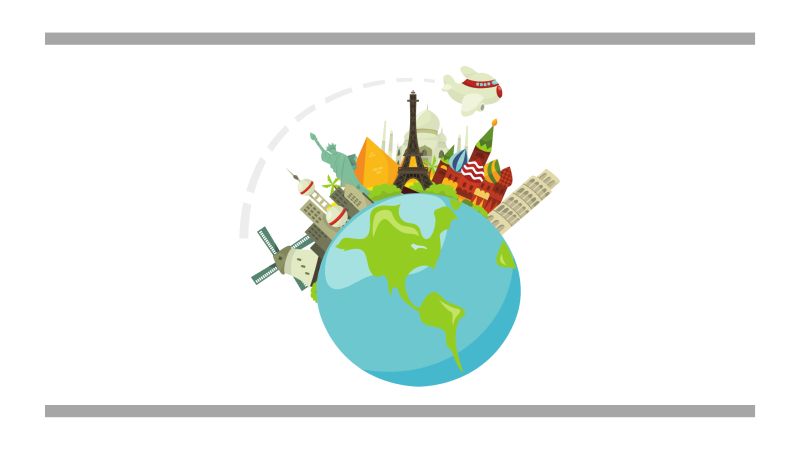
Video
Facts
- The Roman Empire originated as a small city-state in Italy.
- The Roman Republic was established in 509 BC after overthrowing their Etruscan conquerors.
- The Roman Republic saw expansion, political turmoil, and class conflict.
- Julius Caesar’s military campaigns in the 1st century BC expanded the Roman Empire.
- After Caesar’s assassination in 44 BC, Octavian (Augustus) became the first Roman Emperor.
- The Roman Empire reached its zenith in 117 AD.
- In the 3rd century AD, the Roman Empire divided into the Western and Eastern Roman Empires.
- The Western Roman Empire fell in 476 AD.
- The Eastern Roman Empire, known as the Byzantine Empire, persisted for another thousand years.
- The Roman Empire significantly influenced the Western world.
- Roman governance, legal systems, and architecture continue to impact the world today.
Vocabulary Exercise
Read the definitions of words and phrases. Then complete each sentence with one of the bold words or phrases.
- 1st century BC: refers to the period from the year 1 to 100 AD
- adopted son: a person legally and formally accepted and raised as a son, though not biologically related
- class conflict: struggle or tension between different social classes
- military campaign: a series of military operations or activities carried out for a specific purpose
- political turmoil: a state of unrest or disturbance in the political landscape, often involving rapid changes or instability
- system of government: the organizational structure and principles by which a country or society is governed
- ___________________ was a major theme in the historical struggle for workers’ rights.
- The _____________________ aimed to liberate the occupied territories.
- Democracy and monarchy are different ________________________.
- The country experienced _____________________ during the transition to democracy.
- John is the ___________________ of my previous boss.
- Julius Caesar was assassinated in the _________________.
(Audio included with the answer key at the end of this lesson)
Are you enjoying this lesson? Support us to keep it free for everyone – click on the “Donate” button …
… or go to this page:
https://donorbox.org/english-class-this-week
3. THIS WEEK IN HISTORY
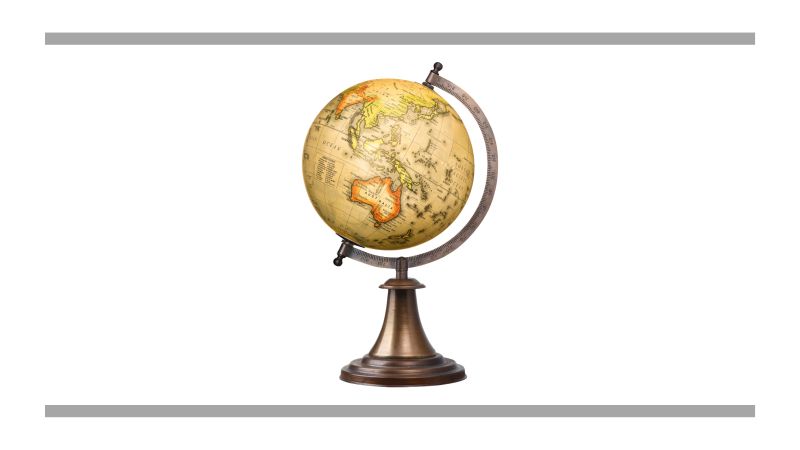
5 May 2023: The World Health Organization declares the end of the COVID-19 pandemic as a global health emergency.

Vocabulary
(to) declare (v.): to say something in a strong and official way
Example: The country declared its independence.
pandemic (n.): a disease outbreak that spreads across many countries
Example: The pandemic changed how people live and work.
global (adj.): relating to the whole world; worldwide
Example: Poverty is a global issue that affects almost every country in the world.
6 May 1983: The Hitler Diaries are revealed as a hoax after being examined by new experts.
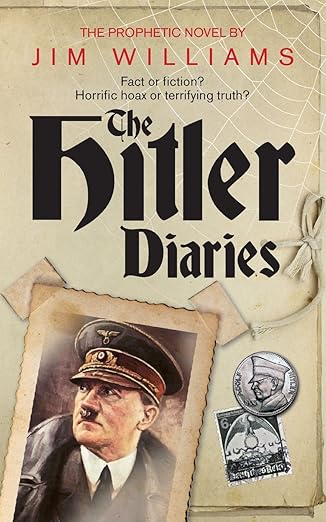
Vocabulary
(to) reveal (v.): to show or make something known
Example: The magician refused to reveal his secret tricks.
hoax (n.): a trick made to deceive people
Example: The news about aliens was just a hoax.
(to) examine (v.): to look at something carefully
Example: The doctor examined my arm for injuries.
7 May 1931: The stand-off between criminal Francis Crowley and 300 members of the New York Police Department takes place in his apartment in New York City. The event was witnessed by 15,000 bystanders.
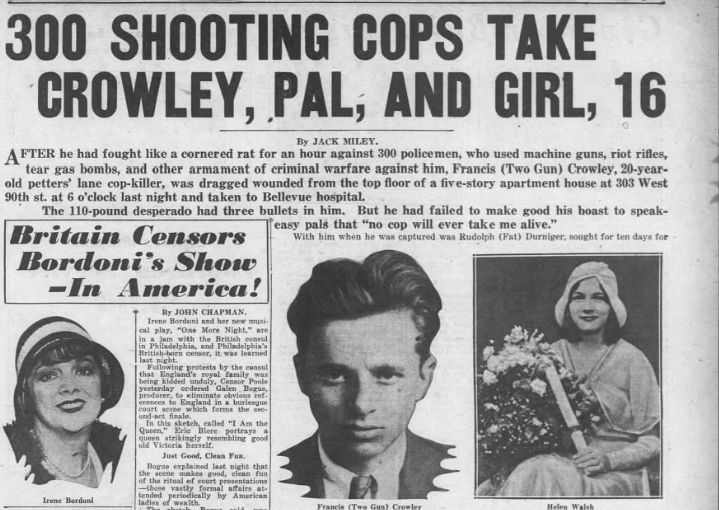
Vocabulary
stand-off (n.): a situation where two sides do not want to move or give in
Example: The stand-off between the police and the protesters lasted for several hours.
(to) witness (v.): to see something happen, especially an event or crime
Example: I witnessed the accident from across the street.
bystander (n.): a person who is present at an event but not involved
Example: A bystander called the police after the fight started.
8 May 1919: Edward George Honey proposes the idea of a moment of silence to commemorate the Armistice of 11 November 1918 which ended World War I.
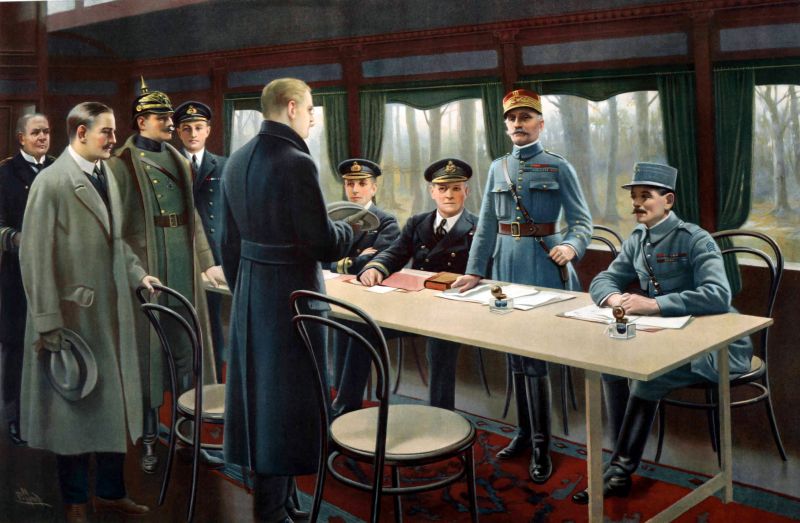
Vocabulary
moment of silence (phr.): a short time when people stay quiet to show respect
Example: We had a moment of silence for the victims of the recent earthquake.
(to) commemorate (v.): to do something to remember and honor a person or event
Example: A statue was built to commemorate the soldiers who lost their lives in the war.
armistice (n.): an agreement to stop fighting, usually in a war
Example: The armistice ended the fighting between the two sides.
9 May 1386: England and Portugal formally ratify their alliance with the signing of the Treaty of Windsor, making it the oldest diplomatic alliance in the world which is still in force.
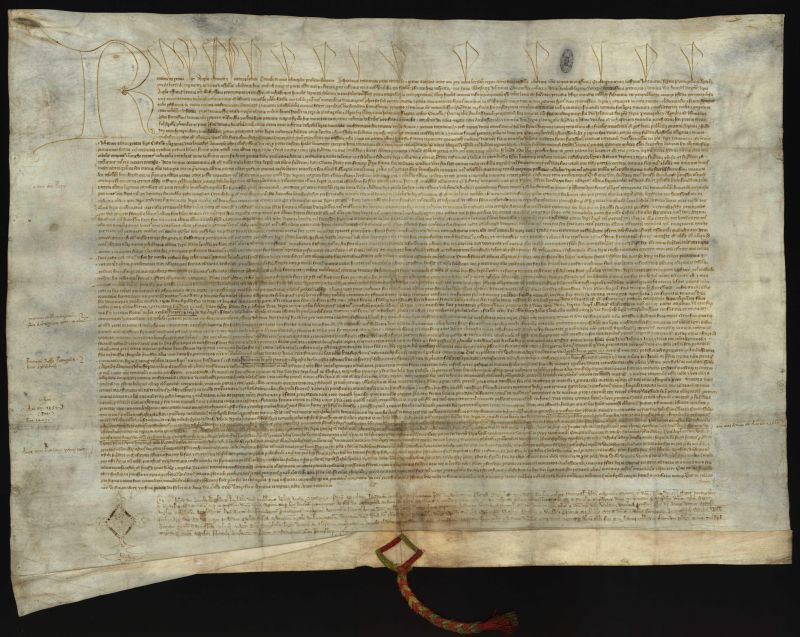
Vocabulary
(to) ratify (v.): to officially approve a decision or agreement, usually by voting
Example: The government voted to ratify the peace treaty.
alliance (n.): an agreement between countries or groups to support each other
Example: The two nations formed an alliance to improve trade.
treaty (n.): a formal agreement between countries
Example: A peace treaty was signed after the war.
diplomatic (adj.): related to managing relations between countries
Example: Diplomatic talks helped avoid a war.
in force (phr.): currently active or legally valid
Example: The new law is now in force across the country.
4. GRAMMAR FOCUS

Simple Present Tense: Steve Jobs unveils new technology that changes the way people use computers.
Present Continuous Tense: Steve Jobs is unveiling the first iMac at an Apple event in California.
Present Perfect Tense: Steve Jobs has unveiled several groundbreaking products over the years.
Present Perfect Continuous Tense: Steve Jobs has been unveiling innovative devices since the early days of Apple.
Simple Past Tense: Steve Jobs unveiled the first iMac in 1998.
Past Continuous Tense: Steve Jobs was unveiling the iMac when the audience began cheering.
Past Perfect Tense: Steve Jobs had unveiled the iMac before the product hit store shelves.
Past Perfect Continuous Tense: Steve Jobs had been unveiling new products every year before the iMac was introduced.
Simple Future Tense: Steve Jobs will unveil the first iMac at tomorrow’s event.
Future Continuous Tense: Steve Jobs will be unveiling the iMac while millions watch the livestream.
Future Perfect Tense: By the end of the event, Steve Jobs will have unveiled the iMac to the world.
Future Perfect Continuous Tense: By the time the iMac is released, Steve Jobs will have been unveiling products for over two decades.
First conditional: If pharmacist John Pemberton starts selling “Coca-Cola” as a beverage rather than as a medicine, he will make a lot more money.
Second conditional: After Napoleon’s defeat in 1815, many people believed that if he were allowed to stay in France, he would again take over the government.
Third conditional: If the Americans and the Russians had not figured out how to send people into outer space, astronauts would not have been able to land on the moon in 1969.
5. QUOTE OF THE WEEK

“You can never understand one language until you understand at least two.” – Geoffrey Willans
6. ANSWER KEYS

Vocabulary Exercise
Read the definitions of words and phrases. Then complete each sentence with one of the bold words or phrases.
- Class conflict was a major theme in the historical struggle for workers’ rights.
- The military campaign aimed to liberate the occupied territories.
- Democracy and monarchy are different systems of government.
- The country experienced political turmoil during the transition to democracy.
- John is the adopted son of my previous boss.
- Julius Caesar was assassinated in the 1st century BC.
That’s it for English class this week! See you next Friday!
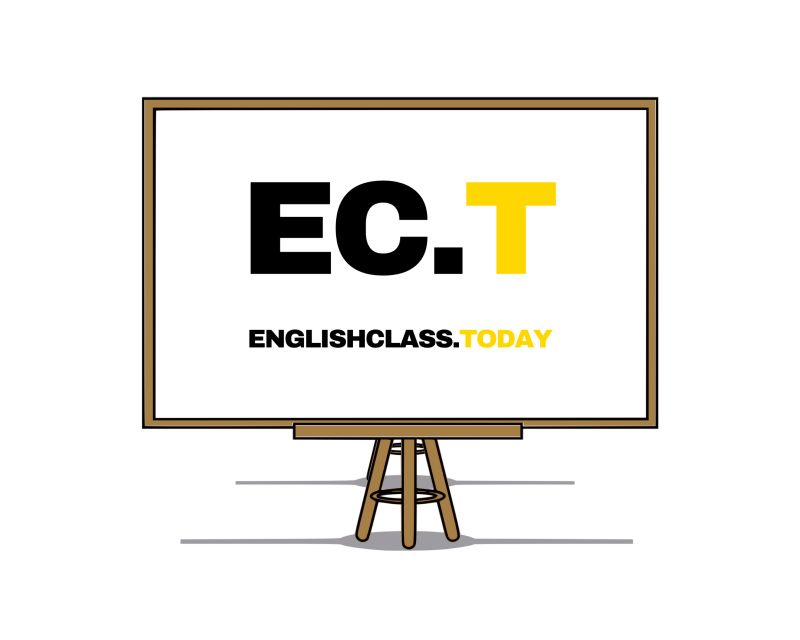
Did you enjoy this lesson? Support us to keep it free for everyone – click on the “Donate” button …
… or go to this page:
https://donorbox.org/english-class-this-week
 Donate
Donate